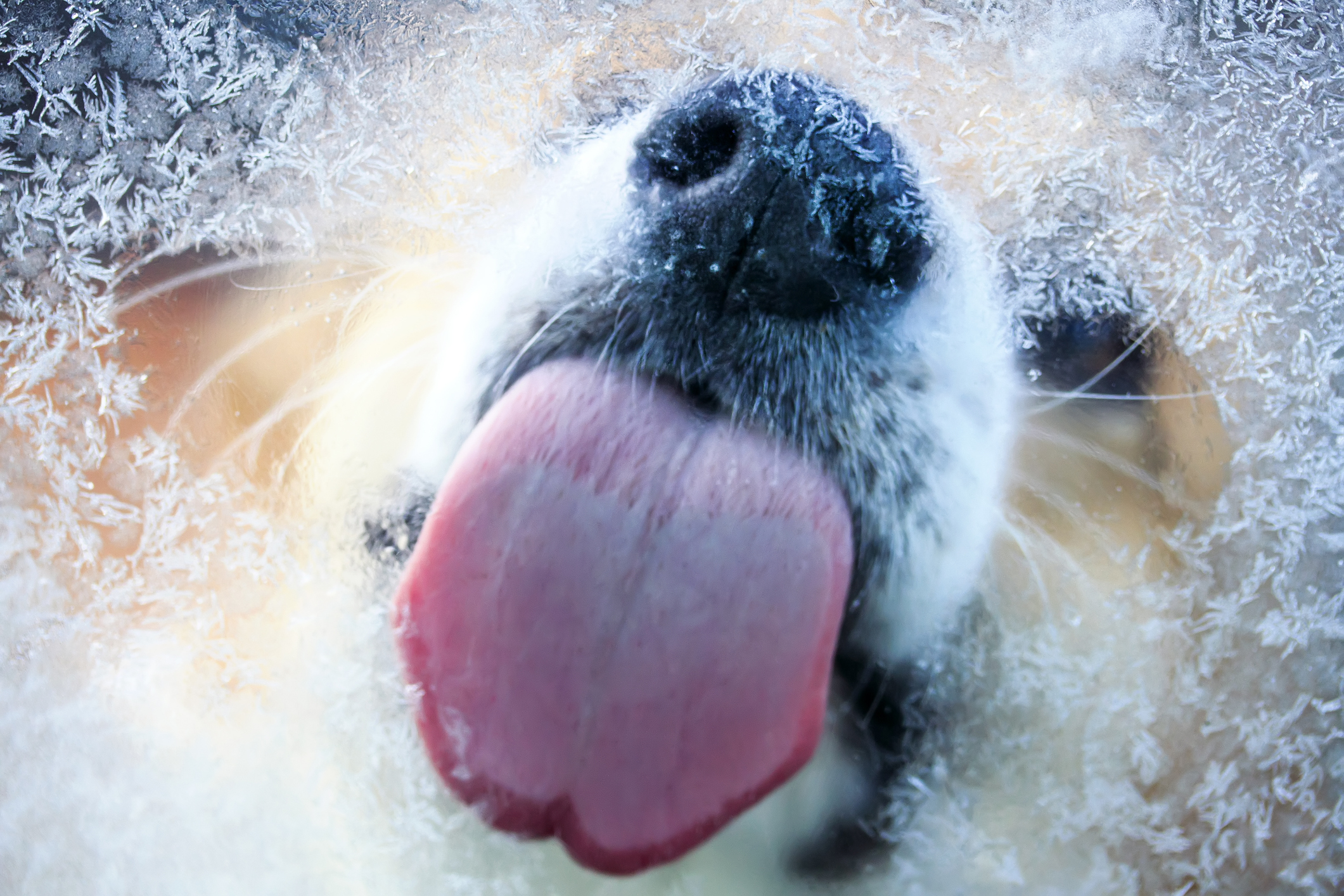Baby It’s Cold Outside! (Antifreeze And Your Pet)

This winter has been warmer than previous years, but the deep freeze is now upon us!! Antifreeze is a necessity at this time of year, but it is important to remember to protect our pets and wildlife from exposure to this deadly toxin.
Ethylene glycol affects the nervous system and causes severe injury to the kidneys. It only takes a small amount to be fatal and the initial signs can be as subtle as looking a bit wobbly, and can be easily missed. Because people may not know their pets have licked antifreeze, they miss these early signs. Pets die every year because by the time they look really sick it is too late to save them. If you suspect your pet may have ingested antifreeze, this is one of the few situations when it is a good idea to go directly to an emergency vet hospital, as they will be equipped to detect and treat this deadly poisoning.
The toxic ingredient in antifreeze is ethylene glycol. This chemical is sweet and very attractive to animals and children.The best way to prevent antifreeze toxicity is to use a pet-friendly, non-toxic antifreeze which uses propylene glycol instead. Ask your mechanic to make the switch or purchase it separately from your local auto center.
On their excellent information page on antifreeze poisoning, The Washington State University College of Veterinary Medicine suggests these additional steps to protect your pets:
- keep new and used antifreeze in a sealed, leak proof container
- take used antifreeze to a service station for disposal – don’t pour it on the ground
- check driveways for puddles of antifreeze that may have leaked from the car
- consider the use of alternative antifreeze products that are less toxic to pets
- if antifreeze is placed in toilets make sure the lid is down and the door to the room is closed
BC MLA Scott Fraser lost his own cat to antifreeze poisoning in 2007, and has worked since then to ban ethylene glycol to prevent needless suffering and fatalities in other animals. Despite overwhelming support from the public (in the form of petitions with tens of thousands of signatures) and from animal welfare organizations for his 2011 proposal to move toward the use of propylene glycol-based antifreeze, the government at the time did not act. Their justification was that their 2009 BC legislation to make antifreeze taste bitter was sufficient, but a study from the University of Virginia suggests that the use of bittering agents is not effective in effectively deterring accidental antifreeze poisonings. (The Impact of Bittering Agents on Pediatric Ingestions of Antifreeze. White et al. Clin Pediatr (Phila). 2009; 48: 913-921)
It is our hope that the British Columbia government will take further steps to reduce the threat of antifreeze poisoning in animals by reconsidering an ethylene glycol ban in the future.


